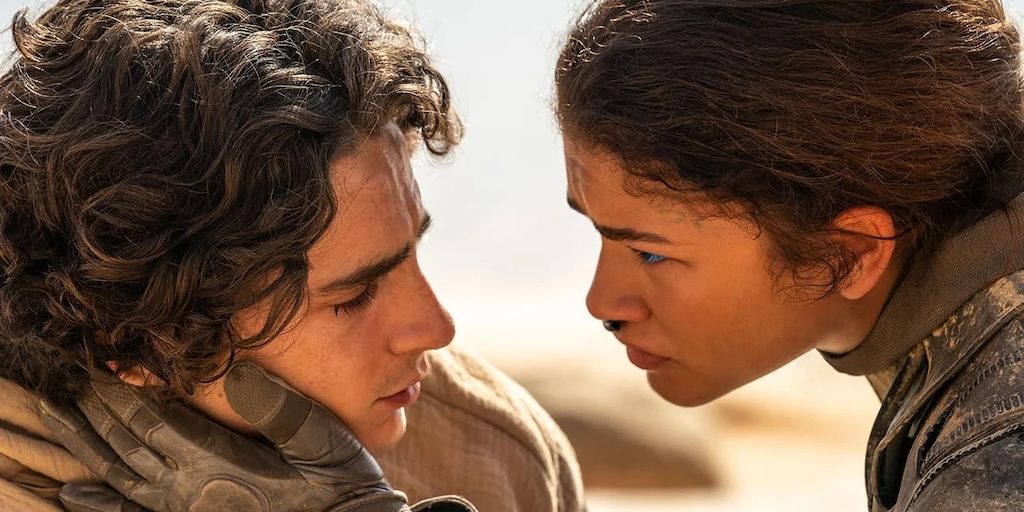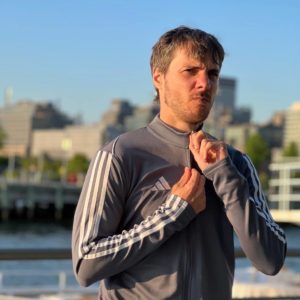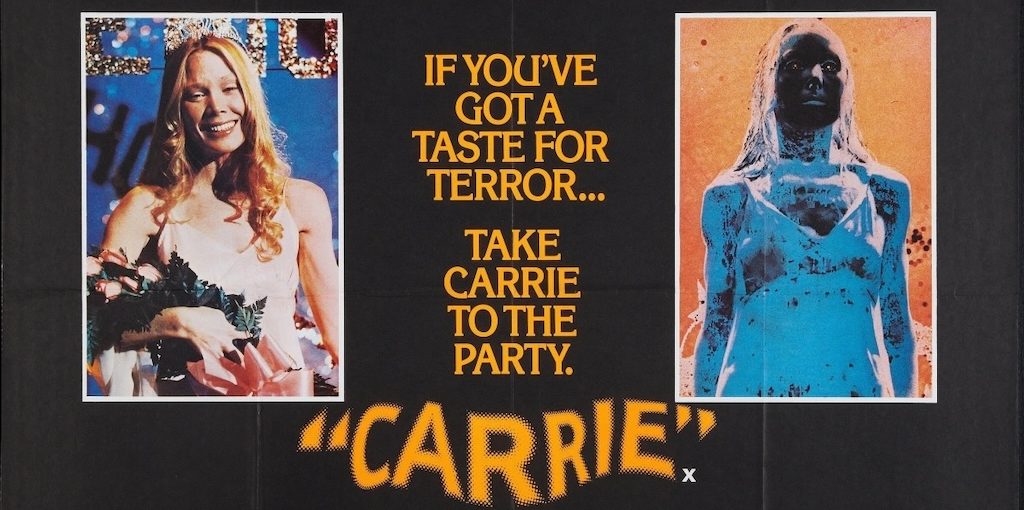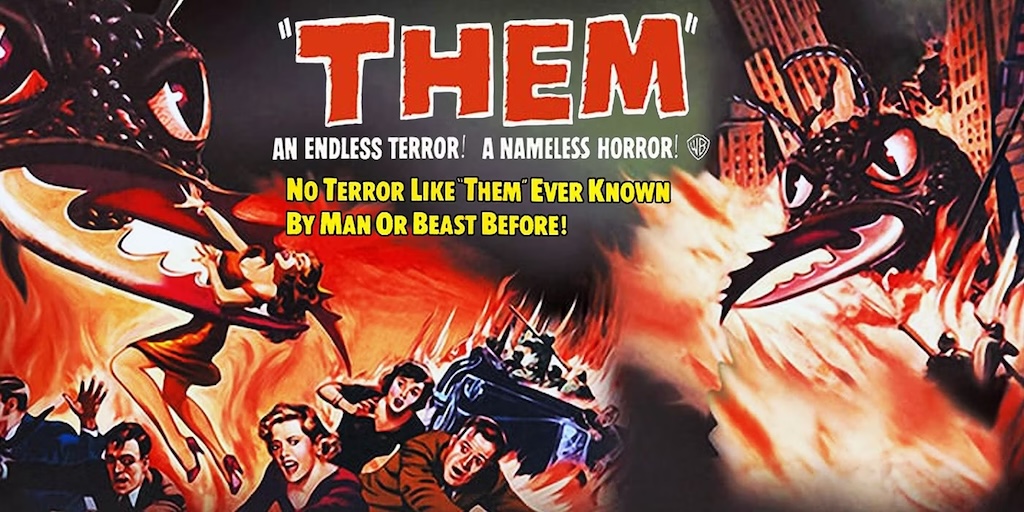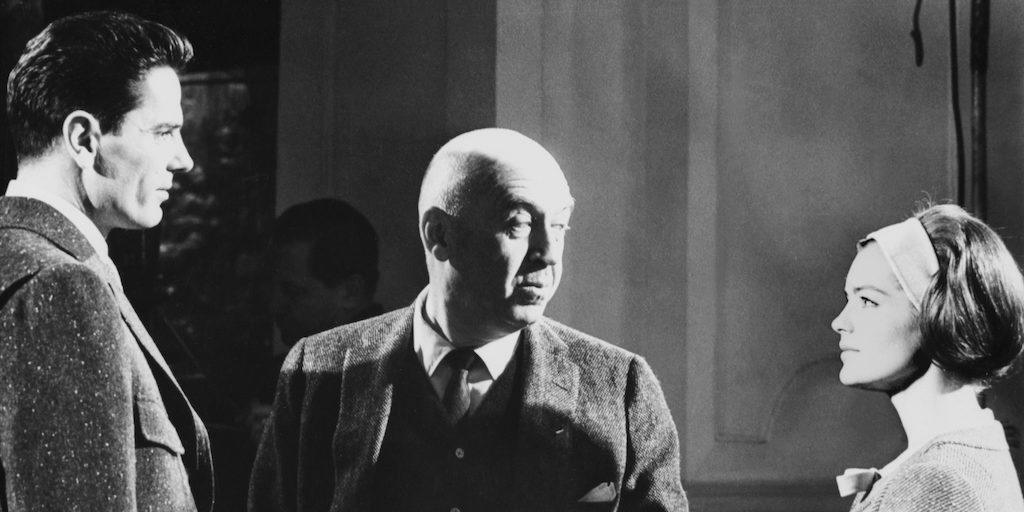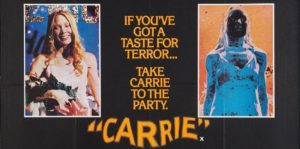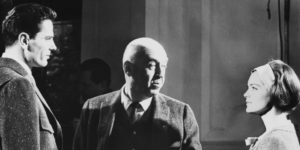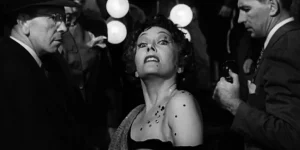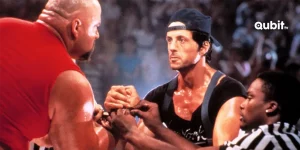WINDS OF SPICED SAND
How can you explain the Dune phenomenon today? Some years after it was first published in 1965, Frank Herbert’s novel became a cult classic, an innovative mix of concepts developed by Joseph Campbell in The Hero with a Thousand Faces, the author’s experiences with hallucinogenic mushrooms and his fascination with the ecosystem of the Coastal Sand Dunes in Oregon. Dune inspired thousands of novels and films of its genre, had five sequels, a project for an ambitious and delirious adaptation headed by Alejandro Jodorowsky, producer Michel Seydoux and a gathering of talents that went from illustrator Moebius up to Rolling Stones front man Mick Jagger and was truncated due to financing issues (all of this narrated in the documentary Jodorowsky’s Dune), as well as an adaptation released in 1984 directed by David Lynch. Its box office failure and Herbert’s demise in 1986, which left the final book on the saga unfinished, did not make any dent on the fascination the original book continues to provoke, making it a milestone in science fiction literature. Warner Bros. (currently Warner Discovery) is the one studio that best knew how to seize on the adaptations of literary cult pieces, as was the case with Harry Potter and Game of Thrones, to name a couple of recent examples. Dune, a coming-of-age story set in the context of a space opera, featuring interplanetary conflicts between clans and centered on a desert planet that manufactures a unique spice, was a promising gamble but risky when considering its production costs.
The 2021 adaptation by Canadian filmmaker Denis Villeneuve (Arrival, Sicario, Blade Runner 2049), released in the midst of the COVID-19 pandemic, turned out to be what it is known as a sleeper hit, a movie that without breaking box office records manages to collect significant figures, in this case during an unheard-of set of circumstances and sent Herbert’s novel to new peaks of popularity led by a cast of international and transgenerational appeal comprised of Timothée Chalamet, Zendaya, Rebecca Ferguson, Oscar Isaac and Javier Bardem, among many others. This first part had to do the heavy lifting, the world building that tired more than one reader that wanted to give the novel a shot. Dune (2021) introduced characters, families, lineages, factions of a war, the spice, its power and the culture of Arrakis, the planet in which Herbert’s entire saga takes place. The ending, granted, was anticlimactic. After the experience with Lynch’s version, which adapted the almost thousand pages of the novel down to two hours, Warner and Villeneuve chose to stop the story half-way, literally, without even forcing the slightest cliffhanger.
Three years later, and with a notable reinforcement in its production values, Dune: Part Two resumes the story of Paul Atreides (Chalamet) at Arrakis, where he was seen last, without any mercy to those who do not have the previous film fresh in their memory nor are acquainted with the source novel. The 2021 film might as well have been a preface, because Dune: Part Two is purely a climax. Echoing the shrillness patented by Christopher Nolan with Inception (Hans Zimmer, who scored both Dune movies, had a lot to do with this), Villeneuve chose spectacle to tell the story of the fremen resistance, the people of the desert, fighting against the Harkonnen clan invasion (led by Stellan Skarsgard), and sets its sights towards the epic of Paul’s revenge. There is no time for pondering; that was lost in translation. What is more interesting about the book is Herbert’s exploration of a character, whom by way of a psychedelic trip ends up becoming a god and ideas such as, for instance, the role of the Bene-Gesserit, play second and even third fiddle against set pieces displaying an infrequent materiality in current Hollywood features. At some point, by focusing on the battles, Villeneuve and his crew engage in a procedure similar to the one used by Peter Jackson for bringing through another saga that seemed impossible to adapt: The Lord of the Rings.
It is a mystery how audiences that are not familiar with the book will pick up the jargon used time and time again by the characters (lisan al gaib, kwisatz haderach, shai hulud, fedaykin, mahdi…), although it is not necessary to understand them to enjoy the sequence where Paul makes his debut as a worm rider, or the attack by Beast Rabban (Dave Bautista) and his squad during a sandstorm or, especially, the courtship between Lady Fenring (Lea Seydoux, niece of the producer of Jodorowsky’s project) and Feyd-Rautha Harkonnen (Austin Butler), that are among the finest Villeneuve shot in his career.
Another of the film’s core concepts is the romance between Paul and Chani (Zendaya), one of the fremen warriors, whose inclusion was likely motivated by a context way different than of the novel’s first publication as well as the couple’s appeal to younger audiences. Chani’s laicism, which confronts Paul with Stilgar (Bardem), one of the leaders of the fremen, is a liberty taken by the film, although it presents an interesting justification in the resolution of the story, one of the weak spots in Herbert’s text.
What is told in the almost six hours of both Villeneuve’s films, with all its potency, its visual work, its sound design and impressive production design, does not keep them from being a classic superhero movie as a whole, because although made with some sophistication, it checks all the boxes that any Marvel or DC production can have. What is curious is that, almost 50 years ago, Herbert wrote Dune Messiah, Dune’s first sequel, as a response to his novel being interpreted only as a triumphant heroic story and to the criticisms arguing that Paul’s journey was just another white savior story. Perhaps Villeneuve, with Warner’s blessing, might also develop this in another sequel.
![]()
Director: Denis Villeneuve. Screenwriters: Denis Villeneuve, Jon Spahits. Cast: Timothée Chalamet, Zendaya, Rebecca Ferguson, Javier Bardem, Josh Brolin, Austin Butler, Florence Pugh, Dave Bautista, Christopher Walken, Léa Seydoux, Stellan Skarsgård, Charlotte Rampling. Producers: Cale Boyter, Tanya Lapointe, Patrick McCormick, Mary Parent, Denis Villeneuve. Runtime: 166 minutes.

